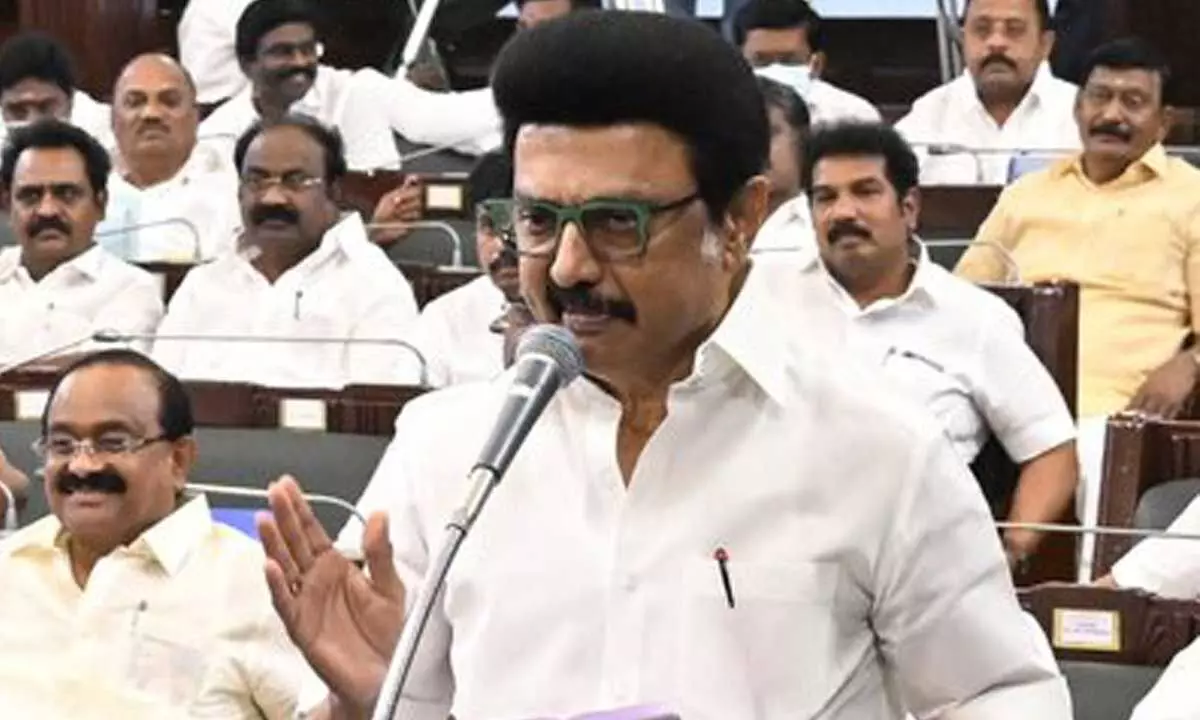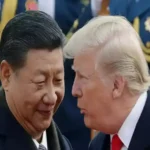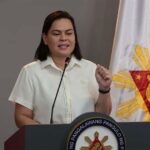In a major initiative, Tamil Nadu Chief Minister M.K. Stalin has set up a high-level committee to review Centre-State relations, including fiscal federalism, autonomy, and governance issues. The committee, headed by retired Supreme Court Justice D. Murugesan, is tasked with filing an interim report by January 2026, prior to the upcoming general elections.
Key Facts of the Committee
1. Purpose & Mandate
Examine financial devolution, such as tax percentages, grants, and fund allocation disputes (e.g., delay in GST compensation).
Examine legal and administrative disputes (e.g., the role of Governor, NEET exemption demands).
Recommend reforms to enhance state autonomy in the federal architecture of the Constitution.
2. Membership of the Committee
Chairman: Retired SC Judge Justice D. Murugesan (reputed for impartiality).
Members: Economists, legal professionals, former bureaucrats (names to be decided).
Secretariat assistance from Tamil Nadu’s Planning Department.
3. Political Context
DMK’s Federalism Drive: In sync with Stalin’s “Dravidian Model” that calls for increased state autonomy.
Timing: Interim report before 2026 Assembly polls, possibly influencing DMK’s campaign against BJP’s “overreach.”
Why This Matters
Precedent: First such panel by a non-NDA state; can encourage others (e.g., Kerala, Punjab).
2026 Elections: Findings can be used to feed opposition’s “federalism vs. centralization” narrative.
Legal Impact: Can suggest Constitutional amendments (e.g., Article 356 reforms).
Challenges Ahead
Centre’s Reaction: BJP might reject it as “political posturing.”
Hurdles in Implementation: Even strong suggestions need Parliamentary approval.
What Next?
Committee starts consultations with legal experts, finance commissions.
Interim report (Jan 2026) might call for more fiscal freedom, CSS restructuring.









